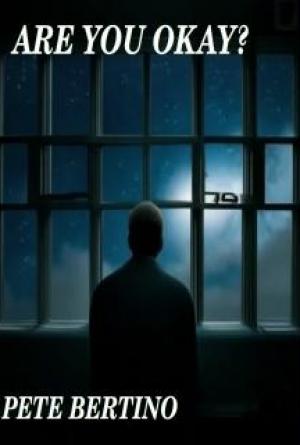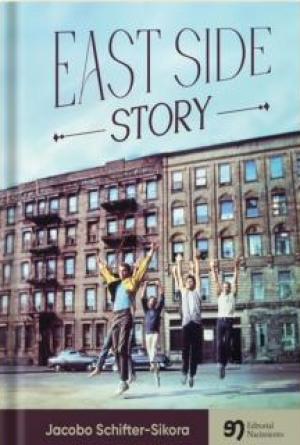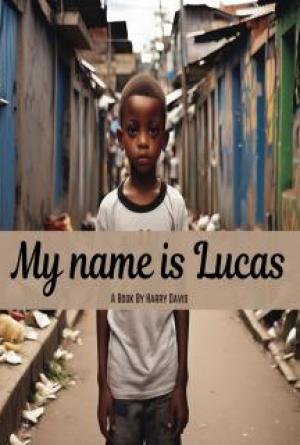AFTERWORD
I doubt if there are now many newsrooms on the give-away suburban newspapers quite as lonely as that of the Koala Bay Bugle. I was in such a newsroom in Melbourne’s Eastern suburbs in the 1980s, but that was before the patchwork of tiny councils – each council area being serviced by its own newspaper - were all swept up into much larger organisations. My understanding is that the tiny publications I worked on back then have all long since also been merged into larger publications.
When I wrote this book some years back I switched the action to Sydney, replacing the Ku-ring-gai Chase national park close to when I live in Hornsby with suburbia, and using place names from there for my localities. I send no apology to the park’s many supporters for this fictional desecration. They’ll just have to deal with it.
Reviewing the book now, eight years after putting it on the shelf (it got a second reading with one major publisher) I realized that technology and trends in newspapers have moved on quite a way. However, essentially the background is 1980s Melbourne suburban reporting shifted to Sydney, with some high-tech additions, such as mentions of web sites, email, mobile phones and social media – the inventions which have been slowly killing off traditional newspapers. Readers can make of that mish-mash what they will.
As for the events and characters some, and I emphasise some, of what I wrote is heavily fictionalized echoes of people and events that I encountered. In particular, I never knew anyone like Justin, Ros, Angela or Martin Towers, worked anywhere that was quite so dismissive of its journalist staff as the Bugle Group, or where an administrative assistant like Bronwyn would be allowed to meddle in editorial matters. Instead, I hope, the tale reflects the frustration which journalists do often feel with management, rightly or wrongly. Also, it should show that they kept on reporting independently despite, seemingly, every man and women’s hand raised against them.
Below are some notes for non-Australian readers of this e-book.
Bogan – Anne calls Miles a bogan – a term unknown outside Australia and New Zealand. A translation may be crass working class. For Americans a translation may be white trash, but this seems harsh. My daughter, a trained, experienced bogun spotter, tells me that a barefoot, tattooed pregnant women who is smoking may be considered bogan. The definition is flexible, however, and Anne was simply teasing Miles. There are proud boguns, and I would not dream of contesting their right to be proud.
Christmas – this occurs during the Australian summer, so the Christmas-New Year period and the weeks after it are the natural holiday time in Australia, hence the two week break for the hard-working journalists on The Bugle Group.
Councils – there are three tiers of government in Australia, Federal and state governments and then local councils. Most government services are provided by the states. Local governments concern themselves with roads, rates, refuse and urban planning.
Factions – the Labor party is loosely organized into three factions – center, left and right - which rub along, more or less. As part of that co-existence they do deals with one another in which they trade off which faction’s candidate gets what position in the party or which Labor seat. The factions are not everything. Independents still get spots. But there are those who say that they matter too much.
Football – football codes split along state lines in Australia. In the South and West the dominant football code is Australian rules. In the North and East, notably in the states of Queensland and New South Wales, which includes Sydney, it is rugby league. Arguably Australian rules is more widespread, but both codes are played everywhere as is soccer, which is gaining coverage, and rugby union.
Kiwi – an Australian term for a New Zealander. Quite a lot of them in Australia in general and journalism in particular.
Ute – utility vehicle. Think American pick-up truck but with an extended space at the back and room for just two in the driver’s cab.
Walkley award – Australian Pulitzer Prize
Mark Lawson worked as a journalist for 38 years, the bulk of that time on the finance daily, The Australian Financial Review. He has previously written two non-fiction books. He lives in Sydney with his family.







